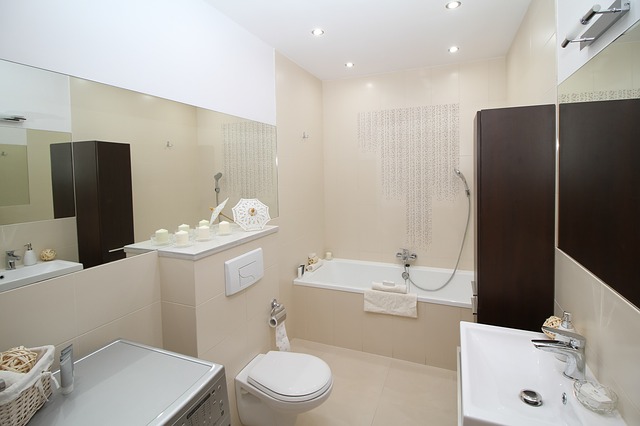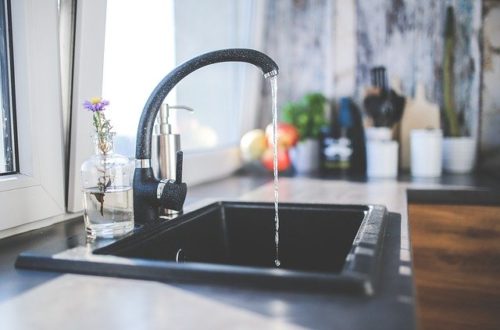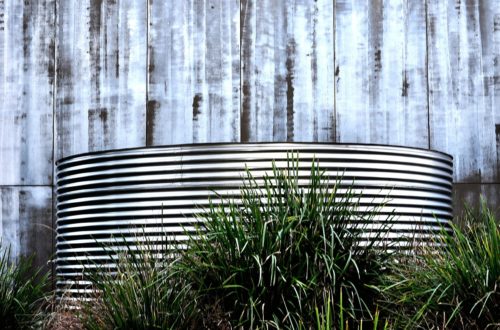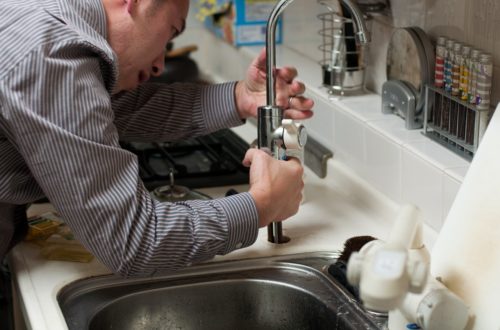Can A Water Heater Be Repaired?
Generally, there are home appliances for domestic purposes that we cannot just do without. Such home appliances include the blender, microwave oven, refrigerator, and the water heater. The water heater is an appliance used for heating water above the normal temperature.
Advantages and Importance
The truth is we all cannot do without heating the water in a cold-weather, hence the use of the water heater. Water heater repair is very affordable, given its workload at home; as such, you worry less about the expenses. Although the water heater varies in type unlike the traditional tank heater, this is less expensive. The electric water heater does not require any in-home installation cost, making it cheaper and easier to use, while the tankless (demand system)type is more expensive. Also, you tend to pay more for a gas water heater because it requires additional piping and a ventilation system to create an opening for the exhaust.
The water heater is also very efficient while in operation because of its energy factor (EF). The EF measures how effective a water heater is when producing hot water. However, the efficiency of the energy factor varies on the type of water heater. A water heater with a high score of energy factor will be more efficient than one with a lower energy factor.
Water heaters generally are safe to use. Both electric and gas heater are safe solutions for heating water.
Disadvantages and Problems
As useful and effective the water heater is, it also has its drawbacks.
Generally, the gas water heater is vulnerable to gas leakage and could aggravate the risk of explosion if proper maintenance is not conducted. The electric water heater can also easily be exposed to a power surge if the current or voltage is too high for it.
Can a water heater be repaired?
It is important to know the extent to which your water heater is going to serve you before you can decide whether it should be replaced or repaired. Just like any other home appliance, the water heater can break down or get damaged, especially when maintenance is not conducted.
A tank-style water heater has an estimated lifespan of 8 to 12 years, so a water heater under this category that manages to last this long is due to be replaced if it gets damaged under the estimated lifespan period. However, with proper maintenance and sheer luck, the lifespan of the water heater could be doubled, but this occurrence is very rare.
An electric water heater has an estimated lifespan of 10 to 15 years before it is deemed to be beyond repair. It is not worth trying to repair a water heater that has been seriously damaged after reaching it’s estimated lifespan because this would incur unnecessary expenses, and there is no guarantee that the water heater will work afterwards.
A water heater can malfunction in different ways, and the common problems associated with it include:
- The burner or heating element is broken.
- the thermostat that is meant to read the water temperature has malfunctioned and cannot read correctly
- Small particles of dirt collected at the bottom of the tank is causing dysfunction
- The pressure reducing valve is faulty and allows high pressure into the water heater and the home.
Common repairs and remedies for a water heater
The problems of a water heater may be minimal or serious, but it is advised that you inspect the heater at first to determine if it is a minor issue that can be easily be rectified rather than immediately calling the repairman. Below are ways to tackle minor water heater issues.
1. No hot water
There is nothing more unpleasant than having a cold shower under harsh weather when the heater is faulty. Once you encounter this issue: for a gas water heater, you check the pilot, the thermocouple (consists of two different metals welded at each end) and the gas control valve. For an electric water heater, you should check the thermostats and heating element.
2. Inadequate hot water
This issue occurs when the hot water running from the shower quickly turns cold. The possible issues to address here include checking the temperature setting, the dirt particles in the tank and the heating elements (only applicable to an electric water heater).
3. Rusty or smelly water
It could be so frustrating to turn on the spigot and discover that the water coming out is discolored and has a very bad smell. The only possible cause of such an issue is pipe corrosion and to fix this issue you must first locate where the odor or discoloration is coming from.
4. Water leaks around the base of the heater
The water heater may become leaky as a result of a faulty temperature and pressure relief valve, a leak directly from the plumbing connection or the water heater tank. The temperature and pressure relief valve can be repaired, and the plumbing can also be repaired. But a tank that is leaking cannot be repaired; thus, it must be replaced as soon as possible.
5. Unwanted noises
If there is a strange noise coming from the tank, then it is probably the sound of the boiling water. The tank overheats, making the water boil because of the excessive build-up of dirt particles or sediments. The only remedy to this is removing the sediment by flushing the water heater.
Conclusion
Whether you decide to repair or replace a water heater, flushing the water at least once a year to remove the dirt particles will make the water heater perform better. Make sure you adopt these simple maintenance duties to avoid repairing or replacing the tank in a long time.
Would you like to receive similar articles by email?






